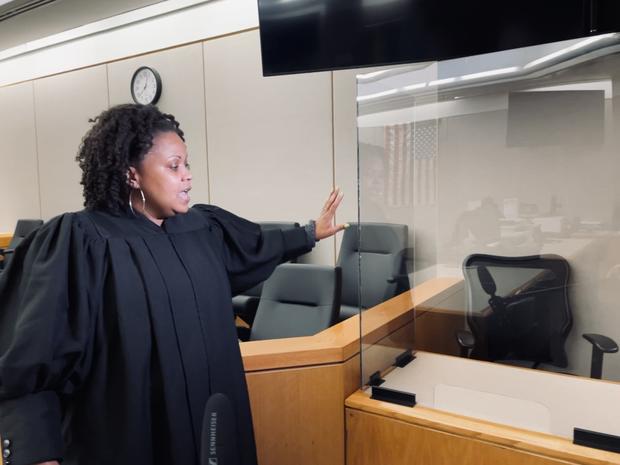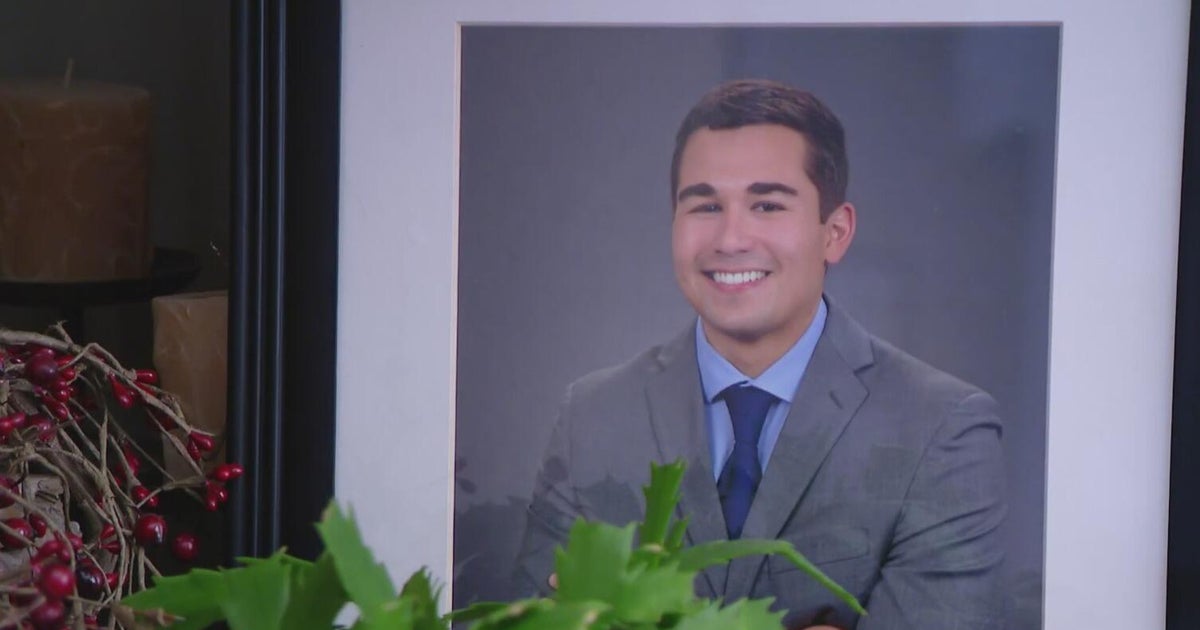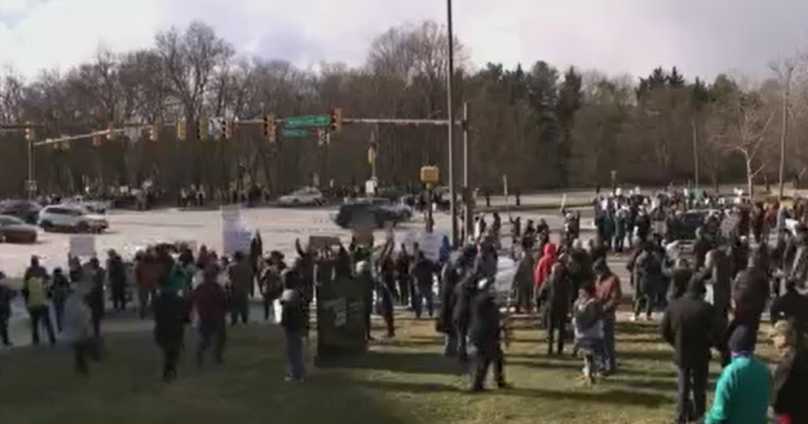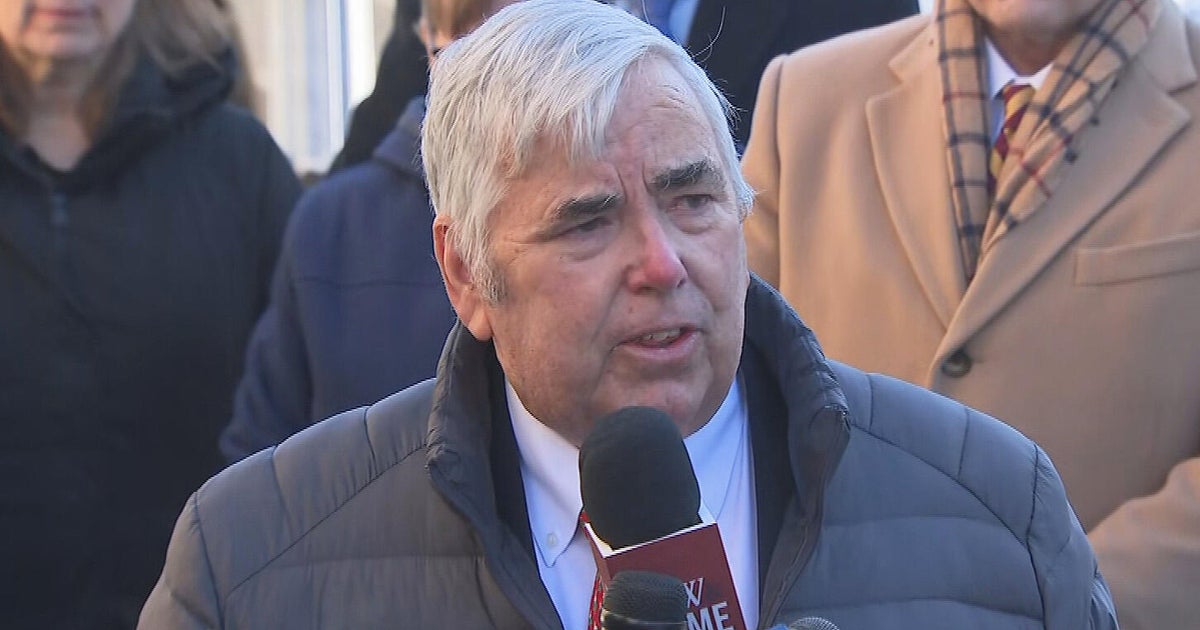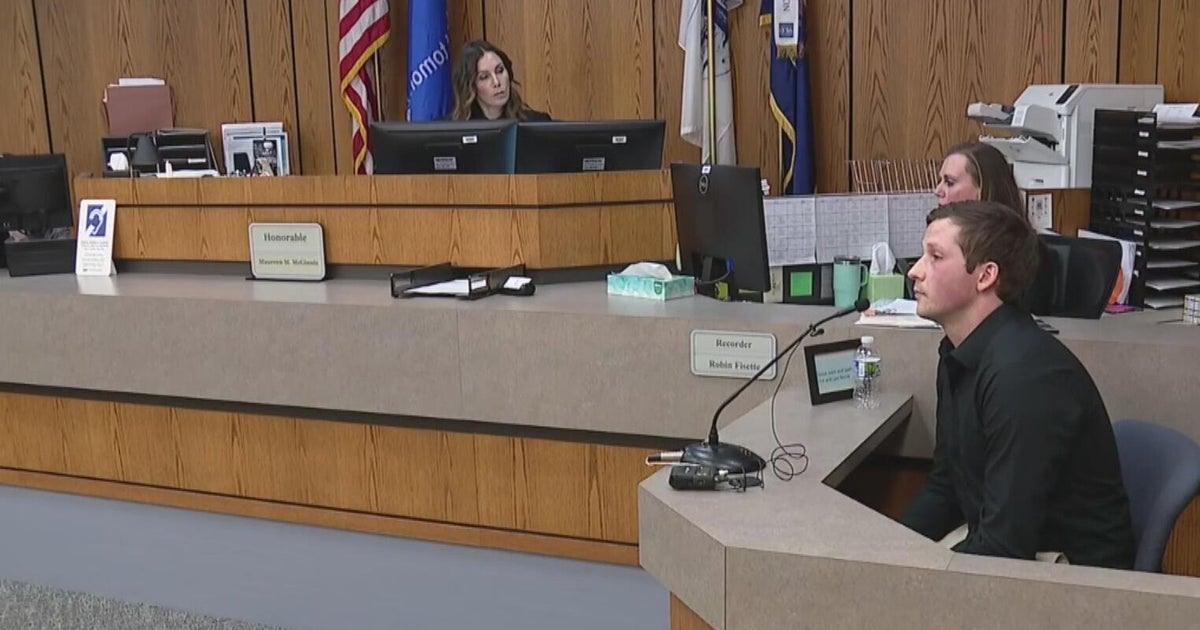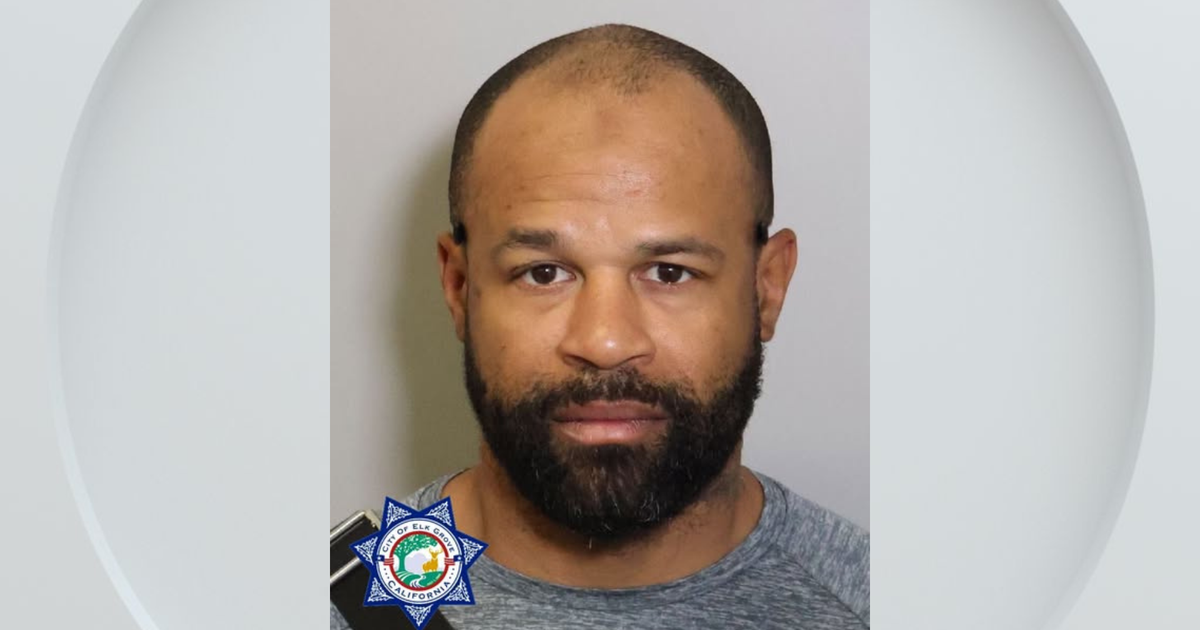Jury Trials Resume In Dallas County After More Than A Year
DALLAS (CBSDFW.COM) - Dallas County's Frank Crowley Courthouse this week will hold regular jury trials for the first time since March 2020 when they were paused in response to the COVID-19 pandemic.
"It's been hard. And, I'd like to say my colleagues and I have done our best to make sure the wheels of justice didn't grind to a halt, but we have people that are sitting in jail waiting for their day in court," said Judge Stephanie Huff, the presiding judge over jury services.
Over the last year, victims have seen justice put on hold, while defendants unable to make bond have languished in jail.
A Dallas County inmate's average stay in the Lew Sterrett Detention Center has risen from 94 days in 2019 to 148 days this year, all while the jail's overall population has risen.
"I think we're safely ready to return," said Judge Huff.
While jury trials are once again being scheduled, the process has changed.
Regular jury selection in felony cases, with large pools of prospective jurors, is now all taking place in the spacious central jury room.
Judges will take turns with just one holding court there per day.
Once 12 jurors and two alternates are chosen, they'll move to the courtroom.
Individual judges will set the rules for their court, including whether masks will be required and how social distancing is arranged.
In Judge Huff's court, there's Plexiglass around her bench and the court reporter's desk.
The jury will also be socially distanced. Instead of sitting side by side in the jury box, jurors will be moved to the gallery, where the public normally sits, to allow extra room to spread out.
Newly-installed microphones throughout the court will amplify voices so everyone can hear each other despite the extra distancing.
The witness stand has been moved closer to the jurors, too, to make the witness more easily visible.
"Because of the plexiglass barrier and the potential of people to wear a mask. We want to make sure that they can see… the witness and their expression because that's important to their decision making process," said Huff.
Members of the public may sit in the jury box or watch the trial streamed live to TVs in the courthouse or online.
"There will be a camera streaming," said Huff, pointing to the center of the courtroom.
Instead of retreating to the jury room to deliberate, she says, jurors will stay where they are, while everyone else leaves the courtroom.
The number of trials, though, will remain limited.
To keep crowds from forming in the halls, each cluster of four courts will hold just one trial at a time.
Priority will go to cases with a suspect sitting in jail.
Huff's goal, she said, is for the court to be a safe place for everyone who has to be there.
"I want them to be able to focus on the actual trial and not be concerned with safety and things of that nature," she said.
